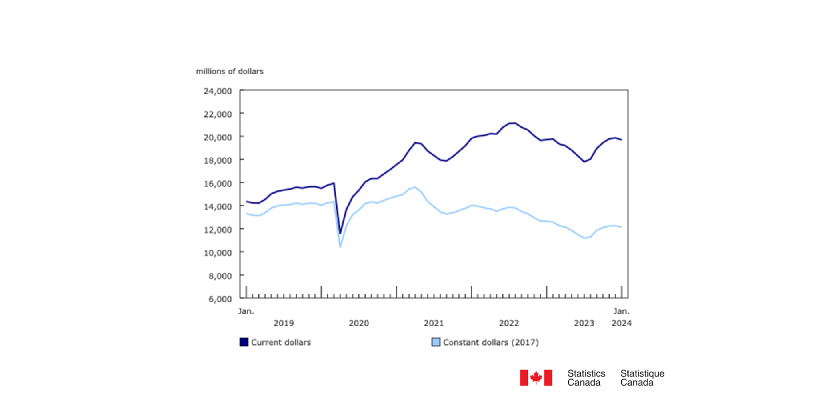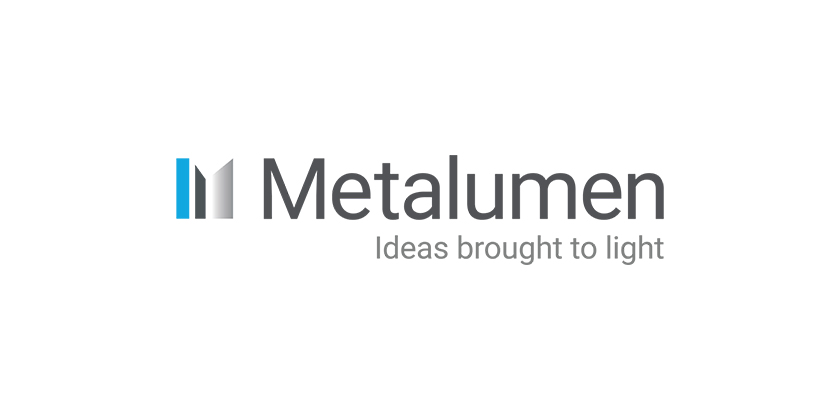BC Hydro Programs to help Businesses with Operational Savings

July 16, 2020
As businesses in B.C. reopen, there are opportunities through BC Hydro programs to help them get back on firmer footing faster.
There’s now a 20% bonus for all BESI (business energy saving incentives) projects for small and medium business customers and greater opportunities for virtual assessments of businesses as COVID-19 limits access to facilities.
“As the BC government starts to relax restrictions on the likes of dentists and restaurants, our message is: ‘we want to help you on your operational savings,‘” says Paul Seo, senior program manager with BC Hydro.
Here are some of the highlights of BC Hydro programs you should be aware of, starting with help for those businesses hardest hit by the pandemic.
COVID-19 Relief Fund and Payment Options
Customers with small businesses forced to close due to COVID-19 may be eligible to have their business electricity use charges waived for up to the three months.
Medium and large businesses aren’t eligible for the Relief Fund but may be eligible for interest-free bill deferrals and payment plans. They can get more information from their key account manager or by calling 1 800 224 9376.
20% Bonus for BESI Projects
For small and medium businesses, help with capital costs comes in the form of a 20% bonus on incentives of energy-saving products. That’s on top of operational savings that last year averaged about $2,800 per year, per project.
Just announced this month, the bonus applies to project applications made after June 15, 2020, and there’s a requirement that they’ll be submitted by December 31, 2020. Any projects submitted after that date will lose the 20% bonus.
The incentive is only applicable to small and medium business customers and BESI applications.
$1,500 Fixed Audit is Alive and Kicking
The $1,500 fixed audit that they offer for large key account commercial businesses was a huge hit when first introduced in 2018, but customers have been slower to take advantage in the past year. Seo believes that some customers might have thought it was a one-time offer that’s no longer available, which isn’t the case.
“This offer targets key account customers with smaller buildings that may not qualify for full energy studies,” he says. “We’ve introduced this flat fee of $1,500, which is more of an audit or assessment than a full-blown study. A consultant can come in, do a quick walk-through and then they can send it to us as either a BESI application or a custom incentive.“
Click here to learn more





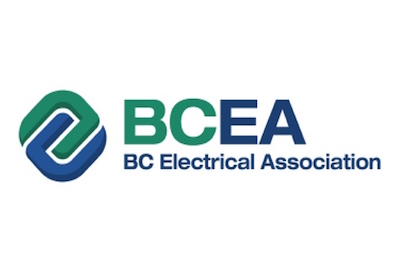

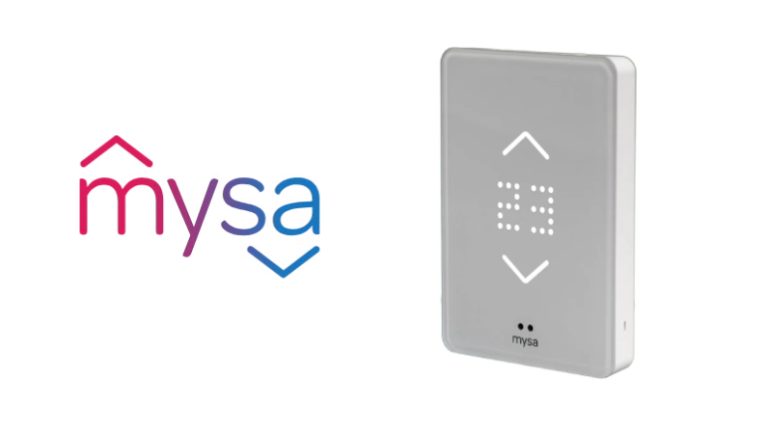

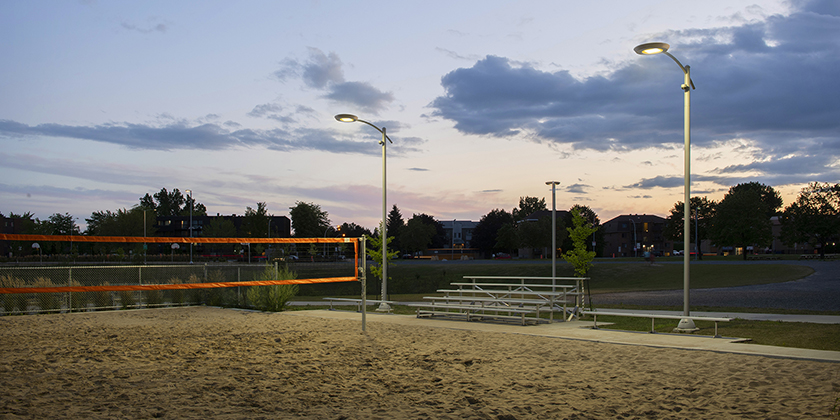
![Guide to the Canadian Electrical Code, Part 1[i], 26th Edition – A Road Map: Section 10 – Grounding and Bonding](https://electricalindustry.ca/wp-content/uploads/2022/11/Guide-CE-Code-2.png)
